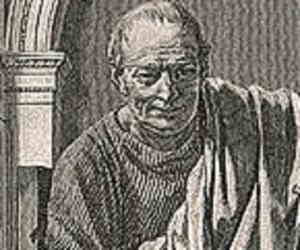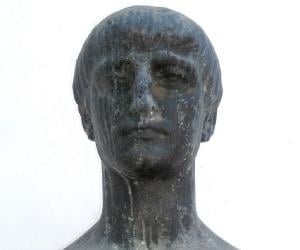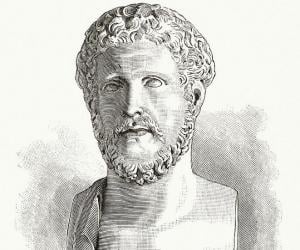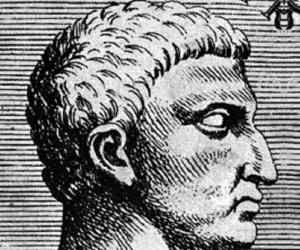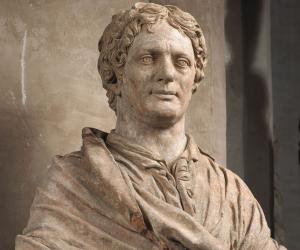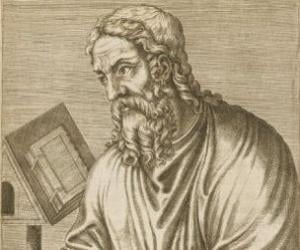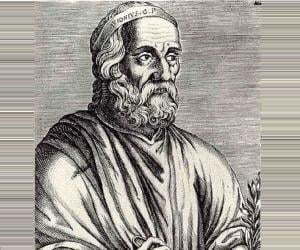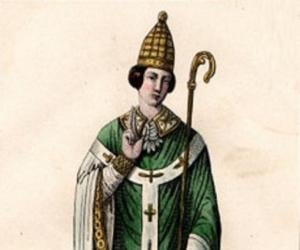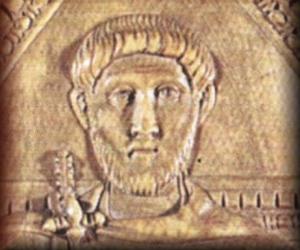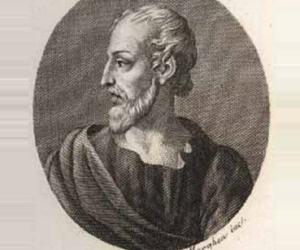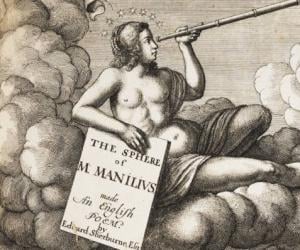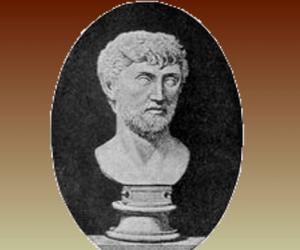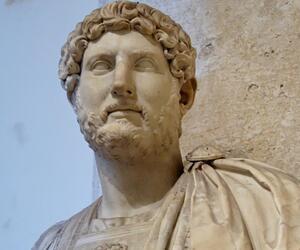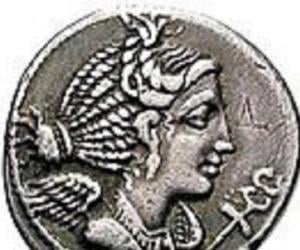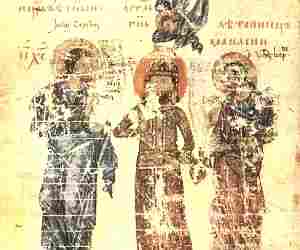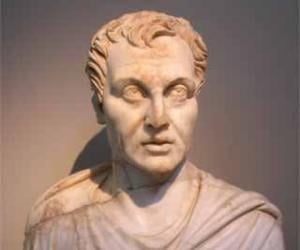1
Virgil
(Ancient Roman Poet of the Augustan Period)
Birthdate: October 15, 0070
Sun Sign: Libra
Birthplace: Cisalpine Gaul
Died: September 21, 0019
Virgil, also known as Publius Vergilius Maro, was an ancient Roman poet of the Augustan period. He is renowned for composing three major works in Latin literature: the Eclogues, the Georgics, and the epic Aeneid, which is considered the national epic of ancient Rome. Virgil's influence on Western literature is immense, with his works inspiring renowned pieces such as Dante's Divine Comedy. He is widely regarded as one of Rome's greatest poets, and his legacy continues to shape literary traditions to this day.

